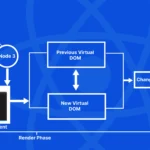Core Principles & Best Practices for Effective DAO Governance
- 1 The Role of Governance in the Decentralized Landscape
- 2 Core Principles for DAO Governance
- 2.1 Transparency in Decisions and Financial Transactions
- 2.2 Decentralization and Autonomy
- 2.3 Security
- 2.4 Fair Representation of Stakeholders
- 3 Best Practices in DAO Governance
- 3.1 1. Clear Governance Structure
- 3.1.1 A Blueprint for Success
- 3.1.2 Anticipating Challenges
- 3.2 2. Regular Communication
- 3.2.1 Bridging Virtual Distances
- 3.2.2 Alignment and Vision
- 3.3 3. Inclusive Voting Mechanisms
- 3.3.1 Democracy in Action
- 3.3.2 Empowering Every Member
- 3.4 4. Conflict Resolution
- 3.4.1 Harmonizing Differences
- 3.4.2 Upholding DAO Ethos
- 3.5 5. Feedback Loops
- 3.5.1 Adapting and Evolving
- 3.5.2 A Symbiotic Relationship
- 3.6 The Path Forward in DAO Governance
Effective DAO governance, while challenging, is crucial for the long-term success and trustworthiness of decentralized organizations. By adopting best practices and learning from existing models, one can achieve a harmonious balance between autonomy and structured decision-making.
The Role of Governance in the Decentralized Landscape

In today’s digital epoch, characterized by rapid technological advancements and a continuous shift towards virtual ecosystems, the concept of decentralization is not just emerging; it’s flourishing. This growth is akin to the bloom of a flower in the heart of spring, signifying not only change but also potential. Amid this transformative journey, Decentralized Autonomous Organizations (DAOs) have emerged as a novel paradigm.
Unlike traditional organizations that often operate under a well-defined hierarchy, DAOs champion a vision where centralized control is dispersed. This decentralized nature is their most defining trait, offering an ecosystem where decisions arise from a collective, where transparency isn’t a mere afterthought but a foundational pillar, and where inclusivity isn’t just encouraged; it’s intrinsic.
However, this model, with all its advantages, also brings forth challenges. The absence of a centralized authority means the onus of decision-making, conflict resolution, and guiding the organization’s trajectory rests upon its community. In such a scenario, effective governance doesn’t just play a role; it becomes the lifeblood of the organization. It is the framework that ensures the organization’s ideals are upheld, conflicts are managed, and the collective voice resonates in every decision. Without robust governance, the very principles that make DAOs unique could lead to their undoing. Thus, understanding and emphasizing effective DAO governance model is of paramount importance for anyone navigating this decentralized frontier.
Understanding the Essence of DAO Governance
In the vast spectrum of organizational structures, Decentralized Autonomous Organizations (DAOs) introduce a unique model of governance, diverging from the traditional frameworks we’re accustomed to. While the traditional corporate governance operates primarily on a vertical, top-down hierarchy, DAOs herald a refreshing shift towards a horizontal plane, where decision-making is not just an entitlement of a select few but an intrinsic right of every member.
Core Principles for DAO Governance
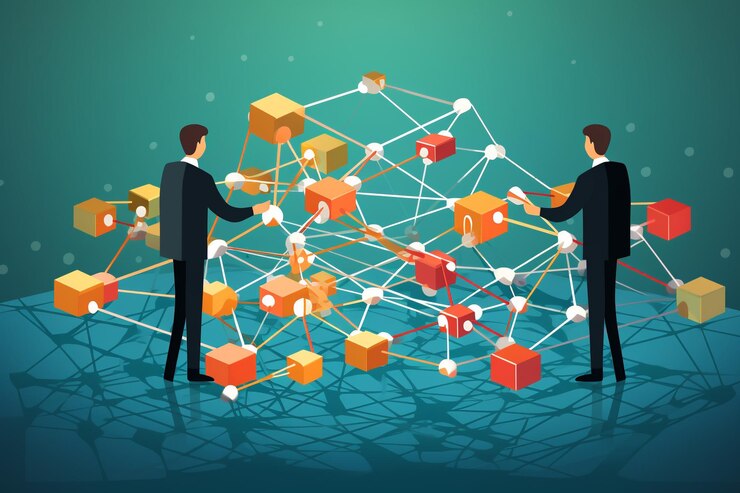
Transparency in Decisions and Financial Transactions
Within the decentralized universe of DAOs, transparency isn’t just a principle; it’s the lifeblood. Every action, every decision, every financial transaction must be visible to all. This openness ensures not only accountability but also fosters a profound trust among the community. In an environment devoid of a central authority, such clarity becomes the cornerstone of successful collaboration and collective action.
Decentralization and Autonomy
For a DAO, the very essence lies in its decentralized nature. This means that power isn’t concentrated or monopolized by a single entity or a select group. Instead, it is diffused and shared among its diverse participants, ensuring that the organization remains resilient against centralized failures and fosters an environment where innovation and creativity thrive.
Security
In the digital age, the importance of security cannot be overstated. DAOs, with their reliance on technology, must adopt stringent measures to protect against both external attacks and internal vulnerabilities. This includes safeguarding against unauthorized access, ensuring the integrity of data, and preventing any form of manipulation that could jeopardize the DAO’s mission.
Fair Representation of Stakeholders

A democratic ethos underpins DAOs. This means that every member, regardless of their financial stake or tenure in the organization, should have an equitable voice in its proceedings. Decisions should reflect the collective will, ensuring that the organization remains truly representative of its diverse community.
Best Practices in DAO Governance
1. Clear Governance Structure
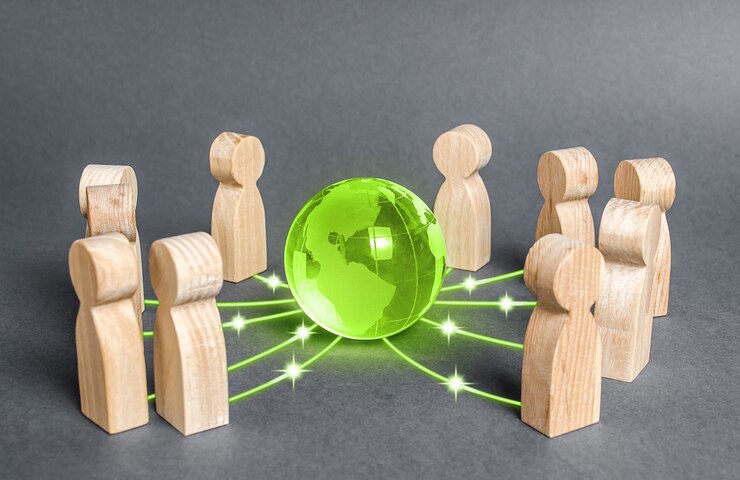
A Blueprint for Success
The intricacies of a DAO can be complex, making a defined governance structure indispensable. Such a blueprint acts as the navigational chart guiding the DAO through its journey. When each role is clearly articulated, and responsibilities are demarcated, it cultivates an environment where every member understands their place and purpose.
Anticipating Challenges
An organized structure not only aids in day-to-day operations but also foresees and mitigates potential discord, ensuring a proactive approach to challenges.
2. Regular Communication
Bridging Virtual Distances
In a DAO’s decentralized landscape, communication serves as the connective tissue. Through regular updates and transparent sharing of information, a sense of unity is fostered. This consistent dialogue ensures that members, despite being dispersed, feel a sense of belonging and purpose.
Alignment and Vision
By keeping everyone informed, DAOs ensure that every member, irrespective of their contribution or role, remains attuned to the broader organizational goals and objectives
3. Inclusive Voting Mechanisms
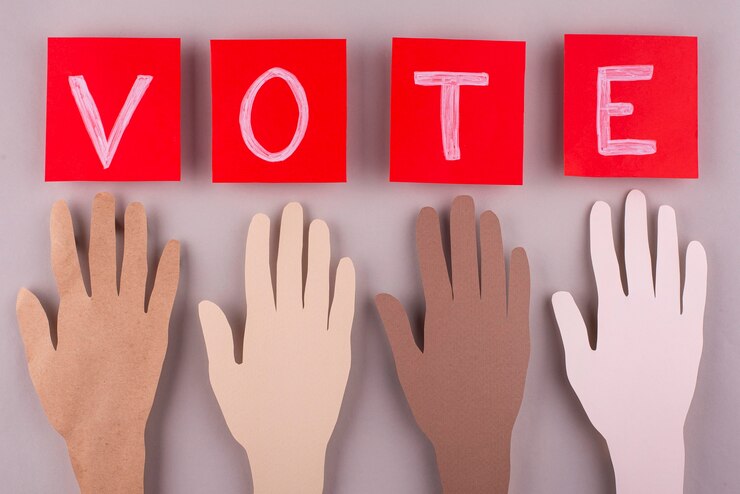
Democracy in Action
The spirit of DAOs is democratic, and voting is its most tangible manifestation. Implementing reliable and accessible voting tools ensures that the collective voice of the community is always heard and heeded.
Empowering Every Member
It’s crucial that each participant, whether they’re a newcomer or a foundational member, feels that their voice matters. This inclusivity strengthens the DAO’s democratic foundation and enriches decision-making processes.
4. Conflict Resolution
Harmonizing Differences
Diverse opinions are a testament to the rich tapestry of a DAO’s community. However, to ensure that differences don’t lead to discord, a well-defined conflict resolution framework is pivotal. Such a framework provides a roadmap for navigating disagreements constructively.
Upholding DAO Ethos
Effective conflict resolution mechanisms prioritize the collective over individual interests, ensuring that the DAO’s ethos and values remain unshaken even amidst disagreements.
5. Feedback Loops
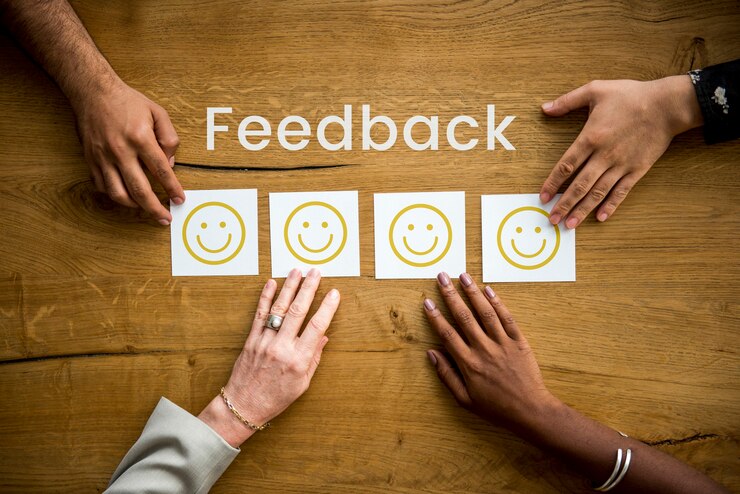
Adapting and Evolving
In the ever-changing digital space, stagnation is a recipe for obsolescence. DAOs must remain agile, and feedback loops are the key. By continually inviting and valuing community feedback, DAOs can iterate and evolve.
A Symbiotic Relationship
This practice reinforces a two-way relationship between the DAO and its members. While the organization benefits from fresh perspectives, members feel valued, knowing their opinions shape the DAO’s future trajectory.
The Path Forward in DAO Governance
Robust governance is the linchpin that ensures the sustainability and success of DAOs. As decentralized entities continue to play a more prominent role in our digital ecosystem, refining and optimizing governance models becomes even more vital. For those venturing into the world of DAOs, embracing a mindset of continuous learning and adaptability is key. By doing so, one can navigate the complexities of DAO corporate governance, ensuring these decentralized entities remain a force for positive change in the years to come.













